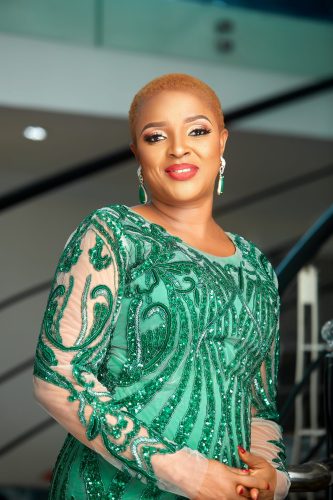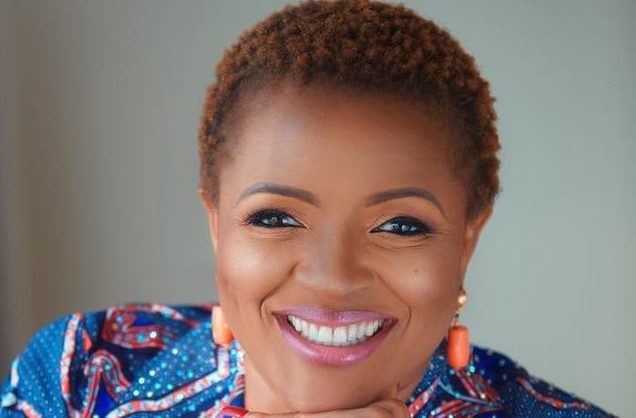
International Women’s Day holds a special place in my heart. It’s a day to reflect and celebrate the achievements of women around the world. I am acutely aware of the challenges that women face when it comes to equality. Many women have come together to demand equality and to challenge the systems that keep them oppressed, but this fight for gender equality is far from over, despite the fact that progress has been made in recent years. The pressure for women to fit into some predetermined mould against their own wellbeing still persists. Women are expected to be perfect, to have it all together, and to never show any signs of weakness or vulnerability. It’s no wonder that many women struggle with feelings of inadequacy and self-doubt. And when we keep talking about these women’s rights, we get tagged as being a bitter person, a feminist. Some people believe that the right of a woman should be subsumed by a man’s right. And so, she can only exercise her right to the extent to which a man allows her to.
In the fight for gender equality, I believe the solution is not just about changing laws or policies. It starts with changing the way we think about and treat women from a young age. One key area where change is needed is within families. Far too often, girls are taught that their primary role in life is to get married, have children, and take care of the home. These messages can be subtle, but they have a powerful impact on a young girl’s self-image and aspirations. To break this cycle, parents and caregivers need to start reorienting their daughters towards different possibilities. Girls need to be encouraged to pursue their interests and passions, and to see themselves as capable of achieving any goal they set their minds to.
Religious bodies also have a role to play in promoting gender equality. All too often, women are taught that they should be submissive to men, their worth is being reduced to their ability to please their husbands and bear children. This kind of messaging is not only harmful but goes against the very tenets of equality and justice. It’s time for religious leaders to speak out against women’s rights violations and to promote a more inclusive and equitable vision of gender relations.
But change cannot happen without us as women stepping forward and taking action. We as women need to reorientate ourselves, redefine our own worth and value in a world that has long undervalued our contributions. This means stepping up and making our voices heard, not just waiting for the government, or the United Nations to do it for us. Women need to come together, support each other, and work towards a future where gender equality is not just a dream, but a reality. We as women need to stop nursing vulnerability and romanticising with mediocrity.
Looking at this year’s International Women’s Day theme, “DigitALL: Innovation and technology for gender equality,” is an important reminder of the role that technology can play in promoting gender equality and empowering women around the world. Women face significant barriers when it comes to accessing and using technology. In many parts of the world, women are less likely than men to own a mobile phone or have access to the internet. Some women also face cultural and societal barriers that prevent them from pursuing careers in technology. For instance, my daughter is studying electronic engineering, and I am often asked why she’s studying ‘a man’s course’. We need to bridge this digital divide and ensure that women have the tools and resources they need to succeed in the digital age.
All these need to be addressed. It won’t be easy, and there will be many obstacles along the way. But the fight for gender equality is one that is worth fighting, not just for women but for everyone. When women are able to achieve their full potential, everyone benefits, and our society becomes stronger, more just, and more equitable.








